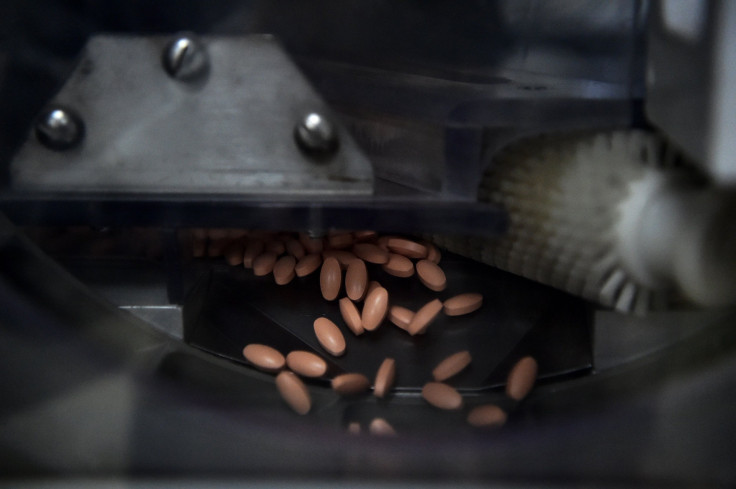Cure For Superbug Infections From Fecal Matter Bacteria, Now In Pill Form

A new study reveals that for those suffering from a particularly dangerous type of gut infection, swallowing fecal pills instead of undergoing treatment involving colonoscopy would be enough.
The team at the University of Alberta, Canada, who conducted the study compared the two approaches — invasive colonoscopy and swallowing Fecal Microbiota Transplantation (FMT) as a sealed capsule — to come to their conclusion.
FMT is widely considered the most effective treatment against a resistant form of recurring diarrhea caused by the Clostridium difficile (C.difficile) bacterium. The diarrhea becomes even more dangerous when antibiotic resistance weakens the body’s immune system against infectious diseases.
For severe diarrhea, a C.difficile infection is the most common reason.
It can not just land you in a hospital, but the infection could also potentially be life-threatening. Severe colon inflammation, kidney failure and dehydration are some of the effects if the condition becomes grave.
10 to 30 percent of patients who are treated with antibiotics would suffer a recurrence. Also, the more times that the infection returns, the lesser the effect of the antibiotics would be.
Since FMT performed via a colonoscopy is found to be effective against the infection, doctors have been trying novel ways to administer fecal transplant.
For their study, the team at the University of Alberta administered the distinct approaches — pill and colonoscopy — on severe diarrhea patients.
The fecal matter used in the experiment was from seven healthy volunteers. It was then processed at a lab, the result of which was a slurry. Mixed with a preservative, this slurry could be kept frozen until it’s required.
For the experiment, 116 patients who suffered from recurrent C. difficile infections were chosen. They were spilt randomly to form two groups. 57 of them got the treatment with the fecal capsules while the rest of the 59 got the old fashioned fecal transplant using colonoscopy.
It was found that 12 weeks later, 96.2 percent among the participant patients remained free of the recurrent infection. This pointed to the fact that both sorts of treatment were equally effective.
Patients from both the groups said that they experienced a significant improvement in their quality of life after the trial. Though most participants said they felt that fecal transplants are gross, 97 percent said if it’s necessary, they would repeat the procedure.
However, the study has certain limitations. For one thing, there was no placebo group. Such a group would have helped the researchers measure with even more precision how effective the transplant was. Also, the study is no proof that fecal pills are the best form for administering FMT.
Though it’s believed that the benefit from fecal transplant comes from a bacterium or group of bacteria to be found in poo, scientists are yet to identify which bacteria/bacterium is responsible for the benefit. A single gram of healthy human poo contains about 100 billion bacteria.
It’s hoped that once the right bacterium or bacteria is identified, even designer supplements with the beneficial properties could be produced.
There is also the possibility that the beneficial effects of fecal transplant comes from a cocktail formed by bacteria and some of the other components of human poo like arcaea — a single-celled organism that was earlier classified as bacteria — or fungi.
The study was published on JAMA — Journal of the American Medical Association on Nov 28.
© Copyright IBTimes 2025. All rights reserved.





















